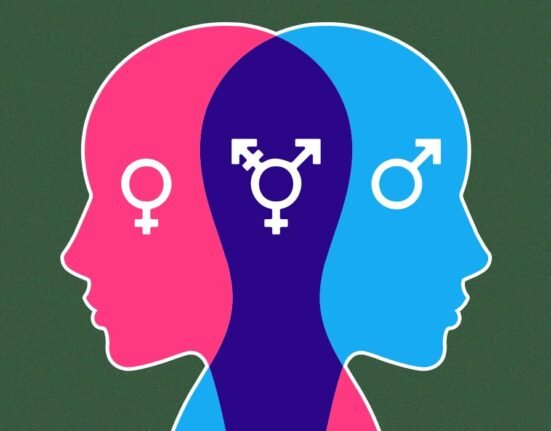A recent study has revealed that human beings incline towards a simpler explanation even though complex ones are more accurate. Humans tend to concentrate on the visible or known causes and information, mainly neglecting absent or hidden ones, resulting in oversimplified reasoning. This tendency could have a serious impact on research across disciplines such as human behaviour, economics, medicine, etc. However, by questioning simplicity and identifying the unseen factors, individuals can improve their reasoning and avoid jumping to conclusions that can be misleading.
Research Details
The research was conducted at Mississippi State University by Professor Thalua H. Vrantsidis and coauthor Tania Lombrozo. Vrantsidis formed a postdoctoral supervisor at Princeton University. It was published in Memory & Cognition, Vrantsidis’ April edition under the name of “Inside Ockham’s razor: A mechanism driving preferences for simpler explanations”.
The article has been awarded the best one for a paper explaining “why people often favour simple explanations, even when more complex explanations may be more accurate. The award was received by Professor Thalua H. Vrantsidis. The award was given by an international organisation, The Psychonomic Society, who work on scientific study of the mind and annually recognises outstanding research publications.
A hypothesis was conducted to understand the mechanism underlying the preference for simplicity. A US-based sample of 982 was tested in three studies on agnostic (neutral about the presence or absence of additional causes) and atheistic (specifying the absence of additional causes) strategies. It produces diverging simplicity or complexity preferences.
Research Results
The result reveals that individuals ignore absent causes over generalising agnostic strategies and overgeneralise agnostic strategies are overgeneralised. This is because it produces simpler explanations even when complex ones are more objective.
Therefore, people tend to focus on the immediate causes while overlooking the relevant factors that are not immediately observable. Many causes play together, even though one cause might be apparent. For example, to explain the cause of a disease, one cause explanation cannot be favoured when a more complex multiple cause explanation is accurate.
Major Findings
- When multiple causes explain events better still, people favour simple explanations by nature. This is known as simplicity bias.
- Unmentioned factors are often ignored, resulting in oversimplified conclusions.
- This bias significantly impacts the fields like economics, psychology and healthcare.













Leave feedback about this